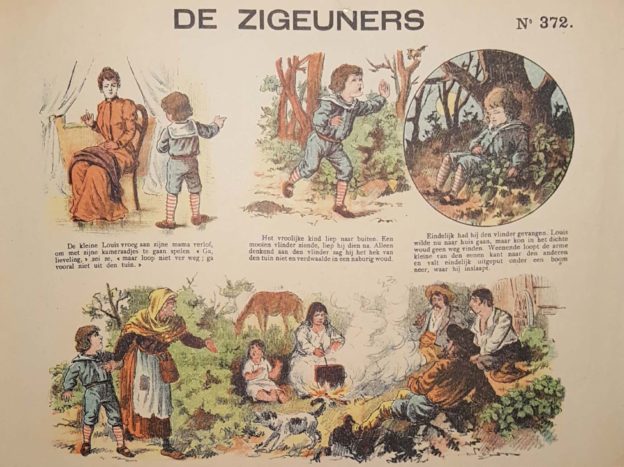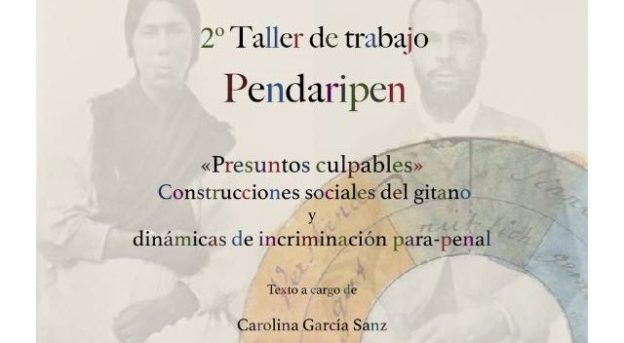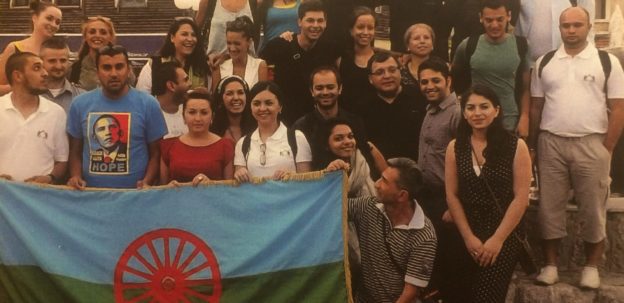«I use the word “gypsy” because it is the operative term used in the children’s literature to be discussed. Also to stress that it concerns an idea, a construction pretending to represent ‘real’ people. Therefore this fiction contributed to attitudes that really affected (and often disfigured) the lives of people.»
With this powerful statement our colleague Jean Kommers opens a lecture about the role of the «gypsies» in children´s literature at the Jewish Historical Museum of Amsterdam (April 21, 2018). His lecture offers a dialogue with the study about Jews in Children’s books by Ewout Sanders (Levi’s eerste kerstfeest. Jeugdverhalen over Jodenbekering, 1792-2015 [Levi’s first Christmas, Juveniles about the conversion of Jews). PENDARIPEN provides a summary of this interesting activity, that will take place on April 21 (2018).The lecture is mainly about an idea which in juveniles is related in particular with “gypsies”: the stealing of children. A booklet edited in 1993 (and re-issued in Spanish in 2016) was called “Stealing of Children, or Stealing of Gypsies?”. Main thesis was that rather than “gypsies” are stealing children, the various authors are ‘stealing’ “gypsies” to (mis)use them for a range of goals. The stories – often openly about didactic ideas – in fact are about power and inequality.








 Créditos fotográficos: el blog emplea sin ánimo de lucro imágenes libres de derecho de autor, imágenes cuyos autores no han podido ser localizados e imágenes indispensables para sostener los argumentos científicos de los distintos artículos. Si alguien desea hacer constar derechos sobre imágenes, puede escribir a la dirección
Créditos fotográficos: el blog emplea sin ánimo de lucro imágenes libres de derecho de autor, imágenes cuyos autores no han podido ser localizados e imágenes indispensables para sostener los argumentos científicos de los distintos artículos. Si alguien desea hacer constar derechos sobre imágenes, puede escribir a la dirección